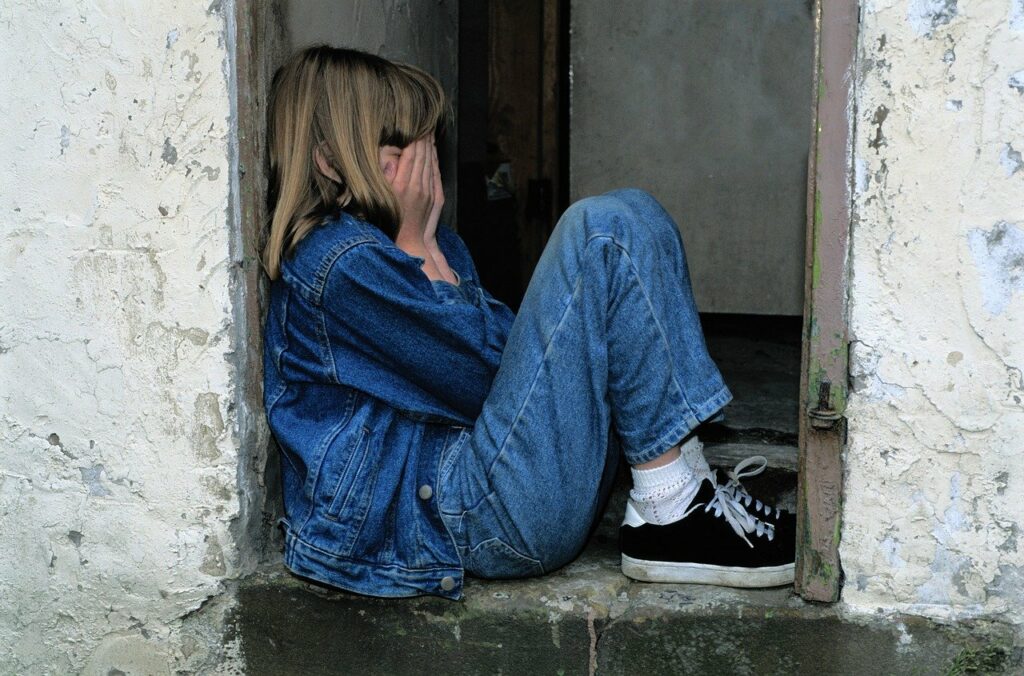The ruling of the Joint Sections of the Supreme Court has caused a stir; but not nearly enough. In short, the highest organ of the Italian judiciary, which dictates the principles of law that all judges must apply, has ruled that sexual relations between an adult and a minor–if both are consenting–can be filmed and photographed as long as videos and images are not disclosed afterwards. Some (but again, not nearly enough) have expressed concern. Among them is Maria Spena, MP for Forza Italia and professor of legal-economic disciplines, who spoke with iFamNews.
Madam Spena, how do you assess the decision of the Joint Sections of the Supreme Court?
I am accustomed to respecting judgments, and I will do so in this case too. But I cannot hide the fact that I have some concerns. We know that Article 600, paragraph 1 of the Criminal Code envisages a prison sentence of 6 to 12 years and a fine of 24,000 to 240,000 Euros for those who–and I quote–“use minors under 18 years of age for pornographic exhibitions or shows, or for producing pornographic material.” I believe that with this ruling the legislator also felt the need to protect minors from the pitfalls of the internet and new technologies in terms of the ease of solicitation and dissemination of material. The new ruling states that filming a sexual act between an adult and a minor is to be considered lawful as long as the latter’s free choice and the use of the filmed material is “exclusive to the participants in the act”. This is all fine, but I’m concerned about the idea that it can be circumvented given the ease and immediacy of web and app content exchanges.
The news has had little media coverage: how do you explain this?
Beyond the echo of the ruling of the Joint Sections per se, I think it is more useful to highlight how the fight against child pornography is relatively silent. Data from the Postal and Communications Police (a unit of the Italian State Police tasked with cybercrime investigation) indicate that in 2020, online crimes to the detriment of children and young people increased by almost 80% and in the first four months of 2021 this trend has been confirmed with an increase of 70%. With more time spent at home, the pandemic has also made minors more vulnerable and online grooming easier. Now is not the time to lower our guard in terms of the fight against child pornography, but rather to raise it higher, because our children have never been more exposed to risks than they are now.
What can be done to curb these phenomena?
I’m proud of the fact that revenge porn is now a crime in Italy solely thanks to Forza Italia, which fought hard in Parliament to have it included in the text of the Red Code (a law in Italy protecting women and vulnerable subjects from violence). Thanks to this law, today anyone who sends photos or videos with sexually explicit content without the consent of the person involved risks 1–6 years in prison and a fine of 5,000 to 15,000 Euros. The penalty is increased if the offence is committed by a spouse (even if separated), or if the offended person is pregnant or in a condition of physical or mental disability. In this regard, it is worth mentioning a recent innovation of the so-called Capacity and Privacy Decree; a provision in the Privacy Code emphasizing that even minors over fourteen years of age–or their families–can turn to the Guarantor for the protection of personal data to report the dissemination of their sexually explicit images without their consent.
